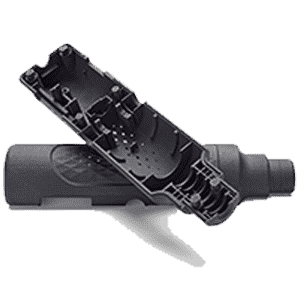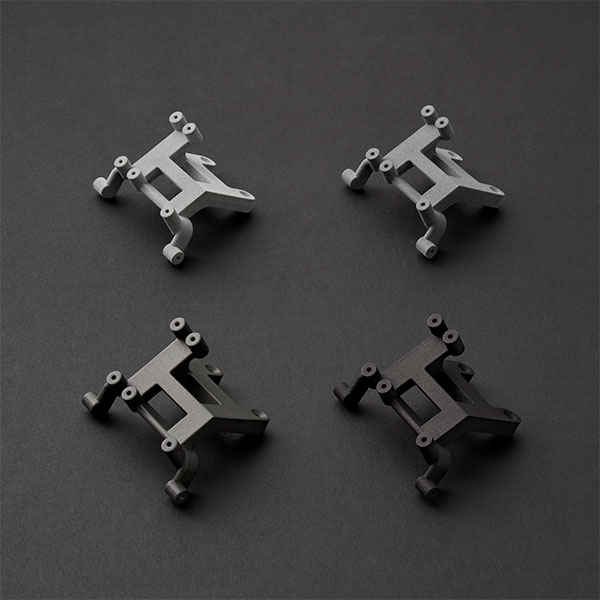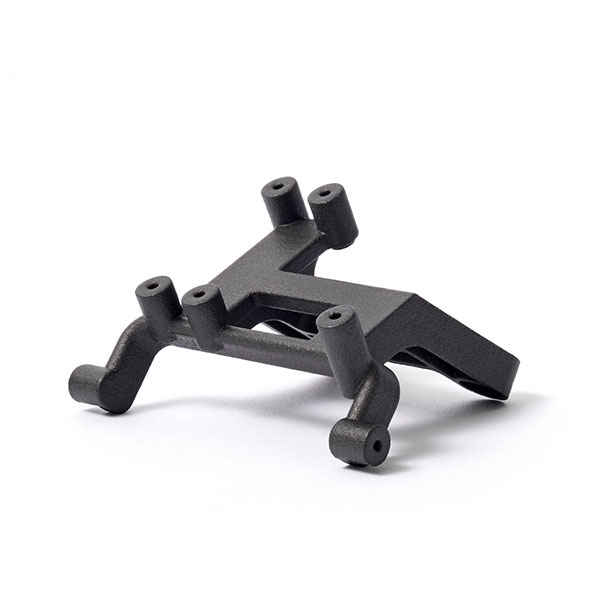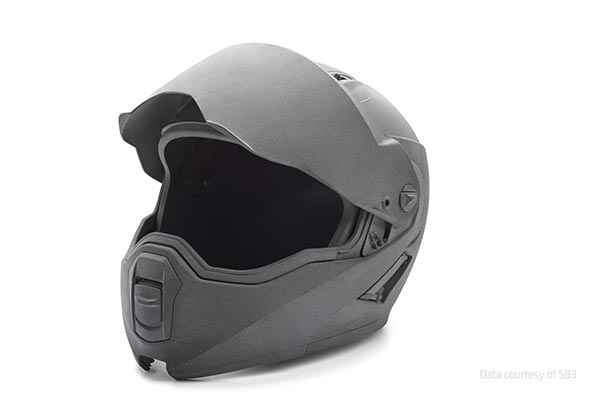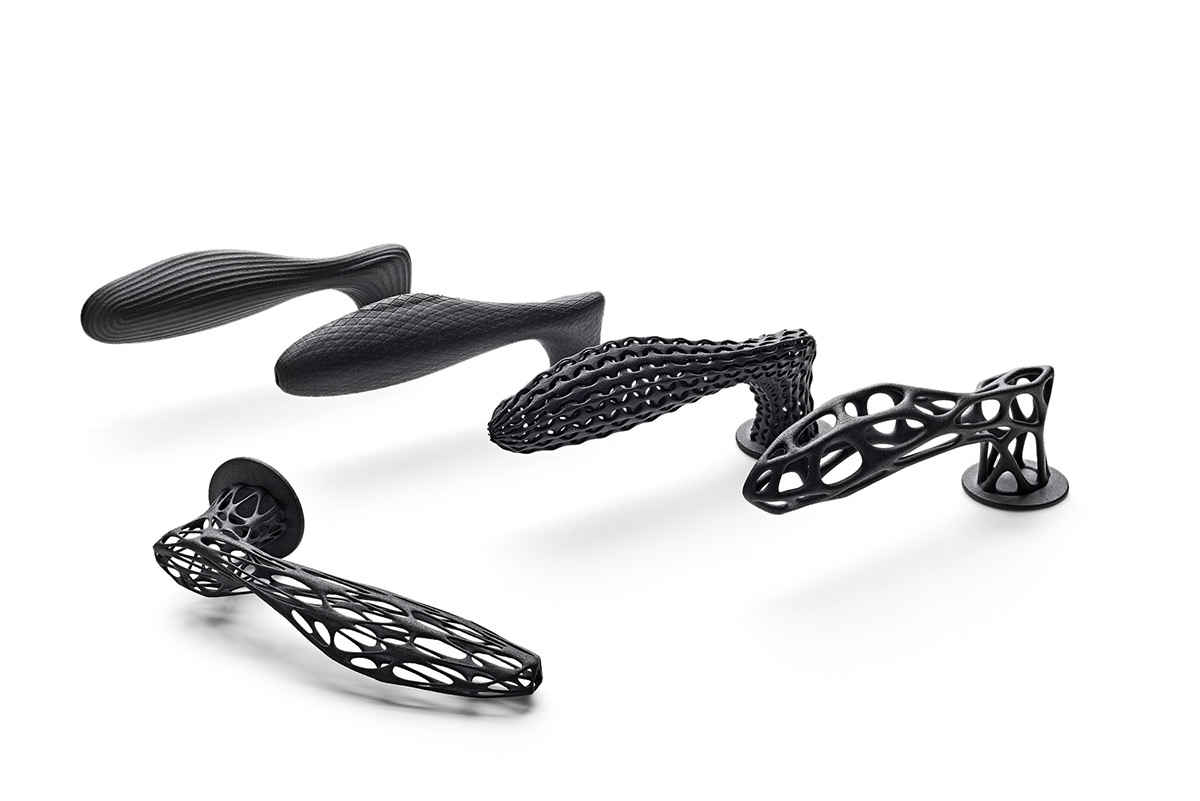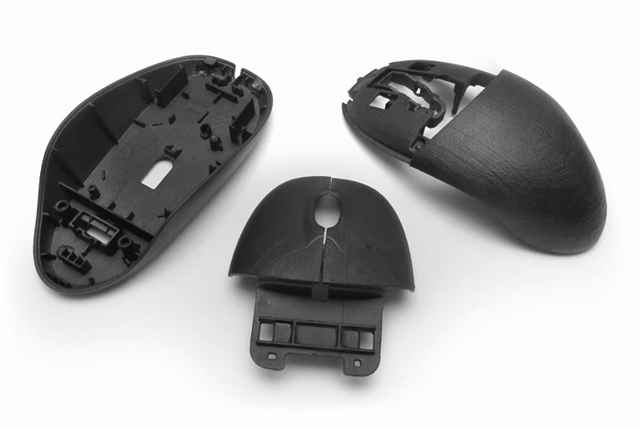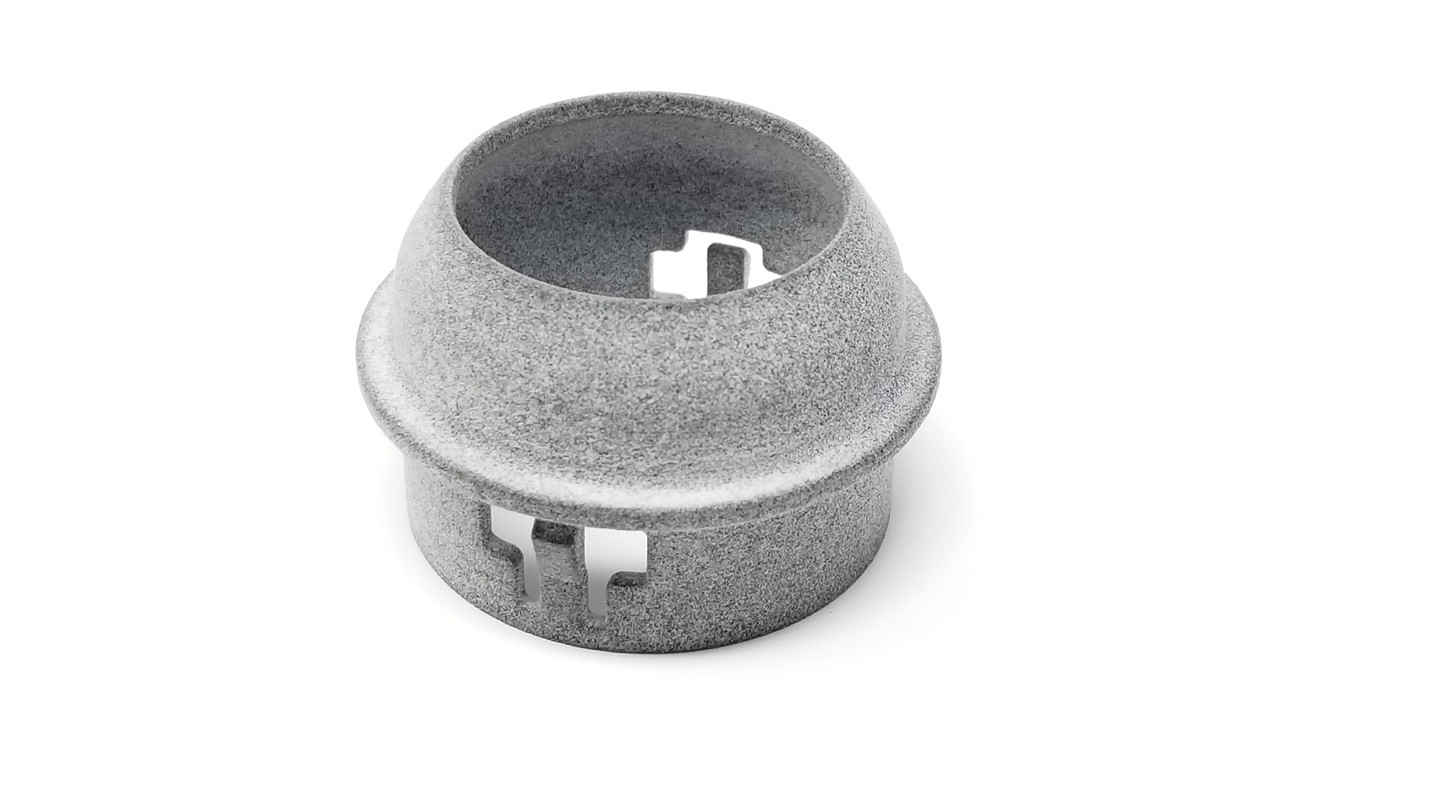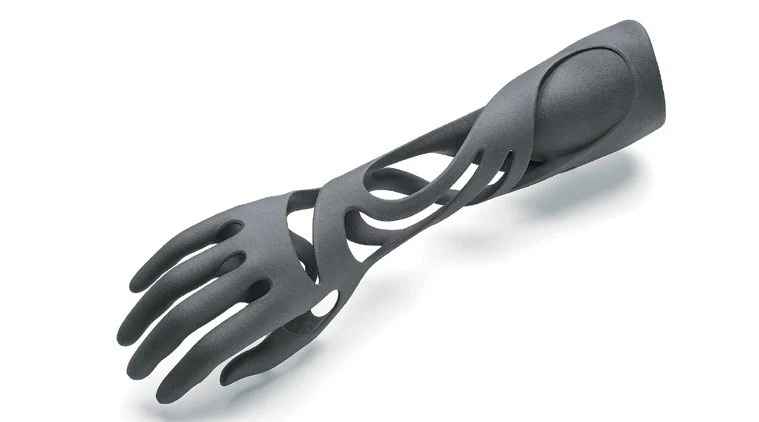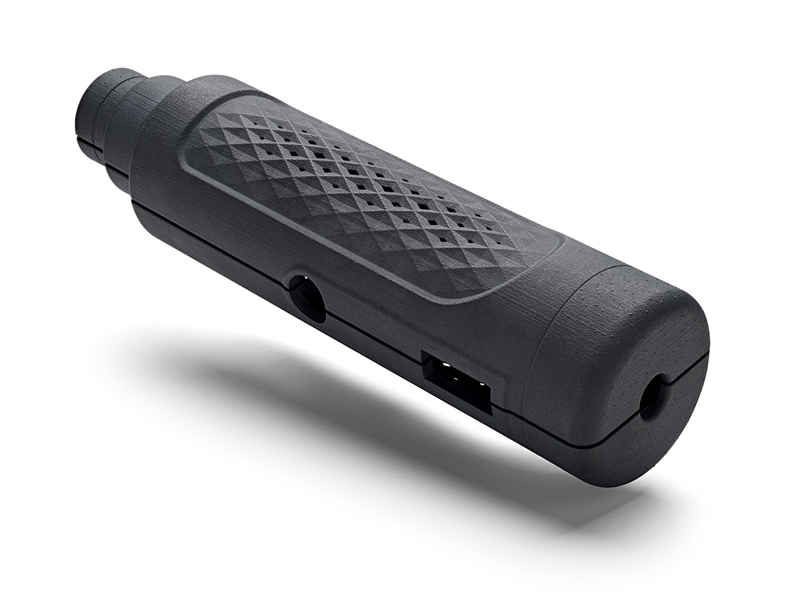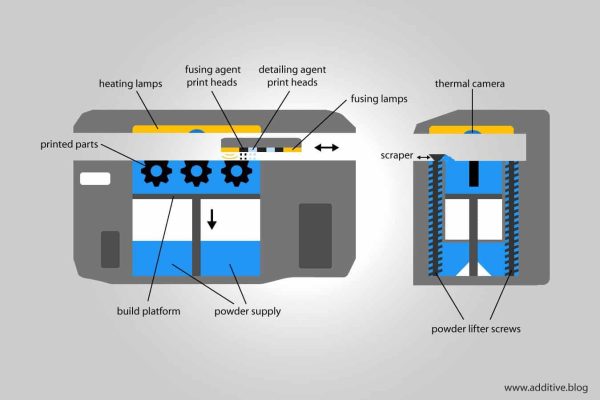MJF Nylon PA12 GlassBeadsHP 3D High Reusability PA12GB This 40% glass bead filled thermoplastic material produces stiff, functional parts. PA 12 GB has both optimal mechanical properties and high reusability, and provides dimensional stability. It’s ideal for functional applications requiring high stiffness like enclosures and housings, fixtures, and tooling across a variety of industries. Max Build Size Min Build Size 5 x 5 x 5 mm Default Layer Height 0.08 mm Optional Layer Heights 0.08 mm Tolerance ôÝ0.2% (with a lower limit of ôÝ0.2 mm) Up to 121 ã Smooth ã ã ã ã Detail ã ã ã ã Accuracy ã ã ã ã Rigidity ã ã ã ã ã Flexibility ã ã ã Available ColorsGrey
Available Post ProcessPaint
Suitable For Functional prototypes and end products, Not Suitable ForCavities within design (unless making use of escape holes) Additional InfoProduce stiff, functional parts with this 40% glass bead filled thermoplastic material offering both optimal mechanical properties and consistent performanceãwhile achieving up to 70% surplus powder reusability11ãat a low cost per part. Certifications: REACH, RoHS (for EU, Bosnia-Herzegovina, China, India, Japan,Jordan, Korea, Serbia, Singapore, Turkey, Ukraine, Vietnam), PAHs, UL 94 and UL 746A Certification
Feature
3D PrinterMaterial Spec Sheet
In this process a fusing agent is applied on a material layer where the particles are destined to fuse together. Then a detailing agent is applied to modify fusing and create fine detail and smooth surfaces. To finish, the area is exposed to energy that will lead reactions between the agents and the material to create the part. When the printing process is complete, the build box is removed from the printer. An operator carefully extracts the parts from the build box and removes the remaining powder thanks to brushes and air blowers.
|
